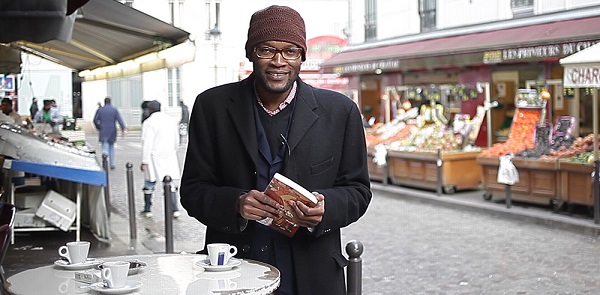Bonjour, readers!
Well, the semester as we knew it has come and gone, poof! But, before we all scurry off to winter break lets do one more blog post, shall we?
In this chaotic, unbelievably persevering, and ironically rewarding semester, one class taught that not all forms of literature are successfully translated from their country’s language of origin.
In this course, Literary Genres in Translation, at California State University Channel Islands the students were able to get a grasp on how different writers around the world wrote, and how their environments influenced their own writing styles.
What does that mean?
Well, during this semester literature had been examined, analyzed and gutted from various writers around the globe. However, instead of reading the texts in the language of origin the students read the translated versions of these same texts.
However, in studying these texts, the texts were rather faulty in not being translated in the correct way. To successfully translate a text proves more difficult because the translator is not only translating the physical text, but has to put into consideration the elements and forms that particular culture represents.
For example, a novel titled, Signs Preceding the End of the World, was written by a hispanic author, Yuri Herrera and translated by an english speaking editor, Lisa Dillman.
When translating the original text to english there are several words and phrases that do not transfer over easily to English. In sum, the original text loses meaning when translated.
After taking this course, one can learn how effective the power of translation plays in literature and how a simple adjustment in the words can change the whole dynamic of the story for good or for bad.
Nonetheless, when it comes down to story telling, the plot, theme and settings all remain the same. So, in retrospect, when translating a text, it is important to fully understand the author’s culture, heritage and upbringing.
That’s all for now, have fun and be safe, Winter is Coming!
Au revoir



